
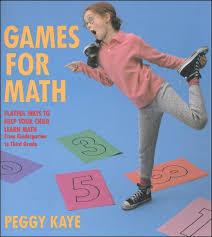
There are plenty of kids who struggle with mathematics, and - as a result of their struggles - don't think math is much fun. But sometimes all it takes is to just get over a few small hurdles on the road to success...
Educator Peggy Kaye's book contains over 250 pages of resources to help children learn math while having fun. It's a great gift for parents or kids!
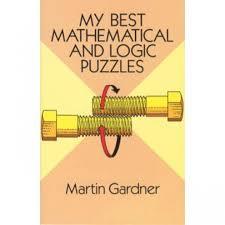
Martin Gardner, a well known authority on math and logic puzzles, has selected some of his favorite puzzles in this collection. Some are his own original puzzles; others are compiled from other sources.
The more math you know, the more you will appreciate these puzzles. The book is probably best for teens and adults.
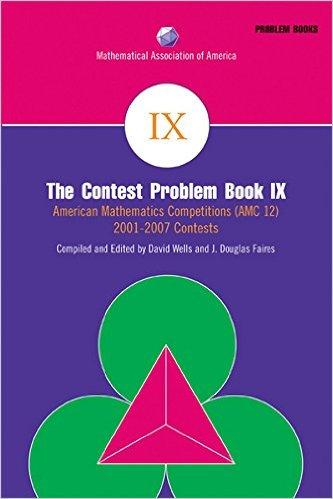
When I was in high school, it was called AHSME, or "American High School Mathematics Exam." Now it's the American Mathematics Competition (AMC).
The AMC competition problems are multiple choice, but don't let that fool you into thinking that these problems don't require some careful thought and problem solving.
The solutions sections for these problems are quite detailed, so if you can't figure out the problem on your own, you can learn something by reading the solutions.
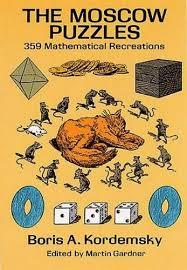
This book has been claimed as "The most popular Russian puzzle book ever published." The puzzles were written/compiled by Boris Kordemsky, who filled his book with sneaky, clever, and mind boggling puzzles.
No advanced mathematics is required, but those who can see unique and clever ways of putting their knowledge to use will do well with these puzzles.
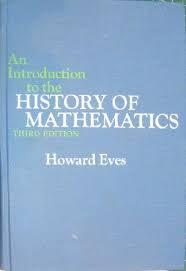
Howard Eves' textbook on the history of mathematics is well respected and regarded around the world. It contains not just the broad overview of mathematical history, but also some of the personal stories in the lives of mathematicians - some of which are quite amusing!
For example, opening the text at random I discover the story of Lejeune Dirichlet (of the Dirichlet Principle) forgetting to tell his father in law of the birth of his first child. The father in law, upon learning of the child's birth, commented that Dirichlet "should have at least been able to write 2 + 1 = 3." These personal stories break up the more "scholarly" information, and keep the reader always aware that these were real people with real stories, not just old black-and-white photographs in a textbook.
If you are a mathematics teacher (particularly at the high school level) keep a copy of this book on hand - it will provide you not just with history, but with interesting anecdotes which will help keep your classes a little more...alive!

